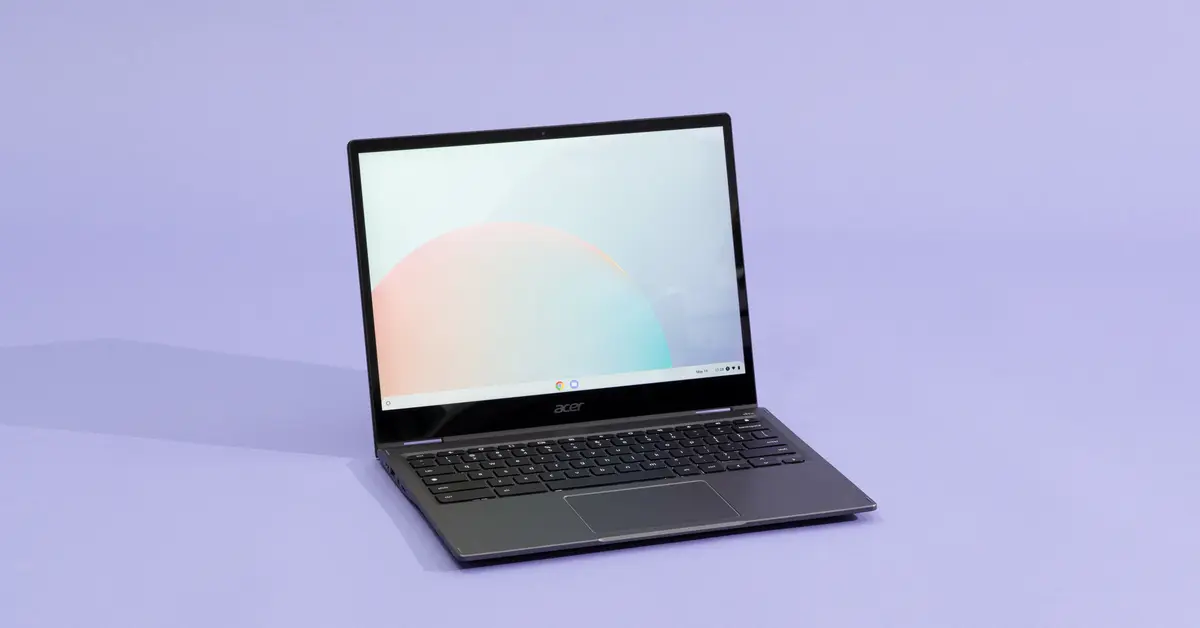
India’s Laptop and PC Market Faces Turbulence as Government Restricts Imports
The Indian government has restricted the import of laptops, tablets, and personal computers (PCs) with immediate effect. The move, which was announced by the Directorate General of Foreign Trade (DGFT), requires all importers of these products to obtain a valid license.
The government has said that the decision is being taken to boost local manufacturing of these products. India is currently a major importer of laptops and PCs, and the government believes that the restrictions will help to create jobs and investment in the domestic manufacturing sector.
The restrictions are likely to have a significant impact on the Indian IT market. Apple, Dell, and Samsung are among the major laptop and PC brands that import their products into India. The restrictions could lead to higher prices for these products, as well as longer wait times for consumers.
The government has said that there will be some exemptions to the restrictions. For example, laptops and PCs that are imported for research and development, testing, or repair purposes will not be affected.
Impact on Atmanirbhar Bharat Scheme
The Indian government’s decision to restrict the import of laptops, tablets, and personal computers (PCs) is part of its broader “Atmanirbhar Bharat” (Self-Reliant India) initiative. The initiative aims to promote domestic manufacturing and reduce India’s reliance on imports.
One of the key components of the Atmanirbhar Bharat initiative is the Production Linked Incentive (PLI) scheme. The PLI scheme provides financial incentives to companies that set up manufacturing units in India in sectors that are considered to be strategic for the country’s economy.
The PLI scheme has been a major success, with companies from across the world committing to invest billions of dollars in India. The scheme has helped to create millions of jobs and has boosted the country’s manufacturing sector.
The decision to restrict the import of laptops, tablets, and PCs is a further step by the Indian government to promote domestic manufacturing. The move is likely to have a positive impact on the Indian IT market, as it will encourage more companies to set up manufacturing units in India.
The restrictions are also likely to lead to lower prices for consumers, as companies will be able to pass on the savings from manufacturing in India to consumers.
Industry Reaction
The restrictions have been met with mixed reactions from industry stakeholders. Some have welcomed the move, saying that it will help to create jobs and investment in the domestic manufacturing sector. Others have expressed concerns that the restrictions will lead to higher prices for consumers and make it more difficult for businesses to get the products they need.
It remains to be seen how the restrictions will impact the Indian IT market in the long term. However, the move is a clear indication of the Indian government’s commitment to boosting domestic manufacturing.




